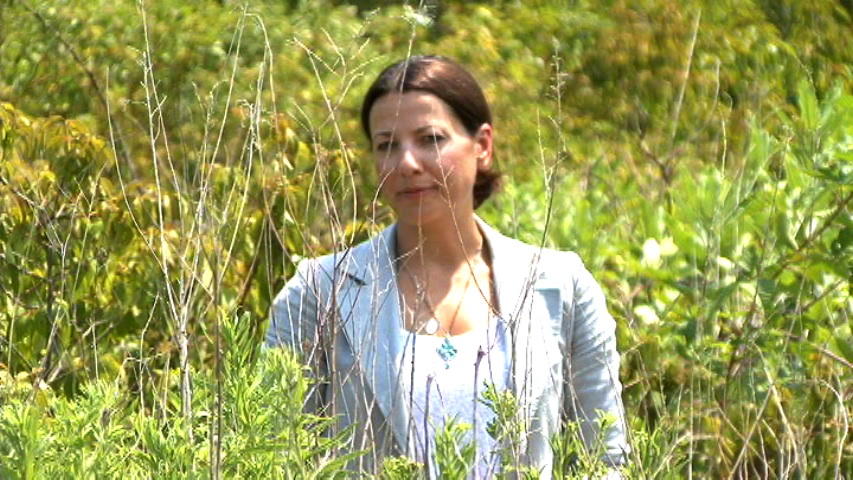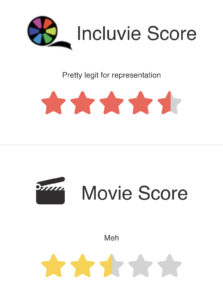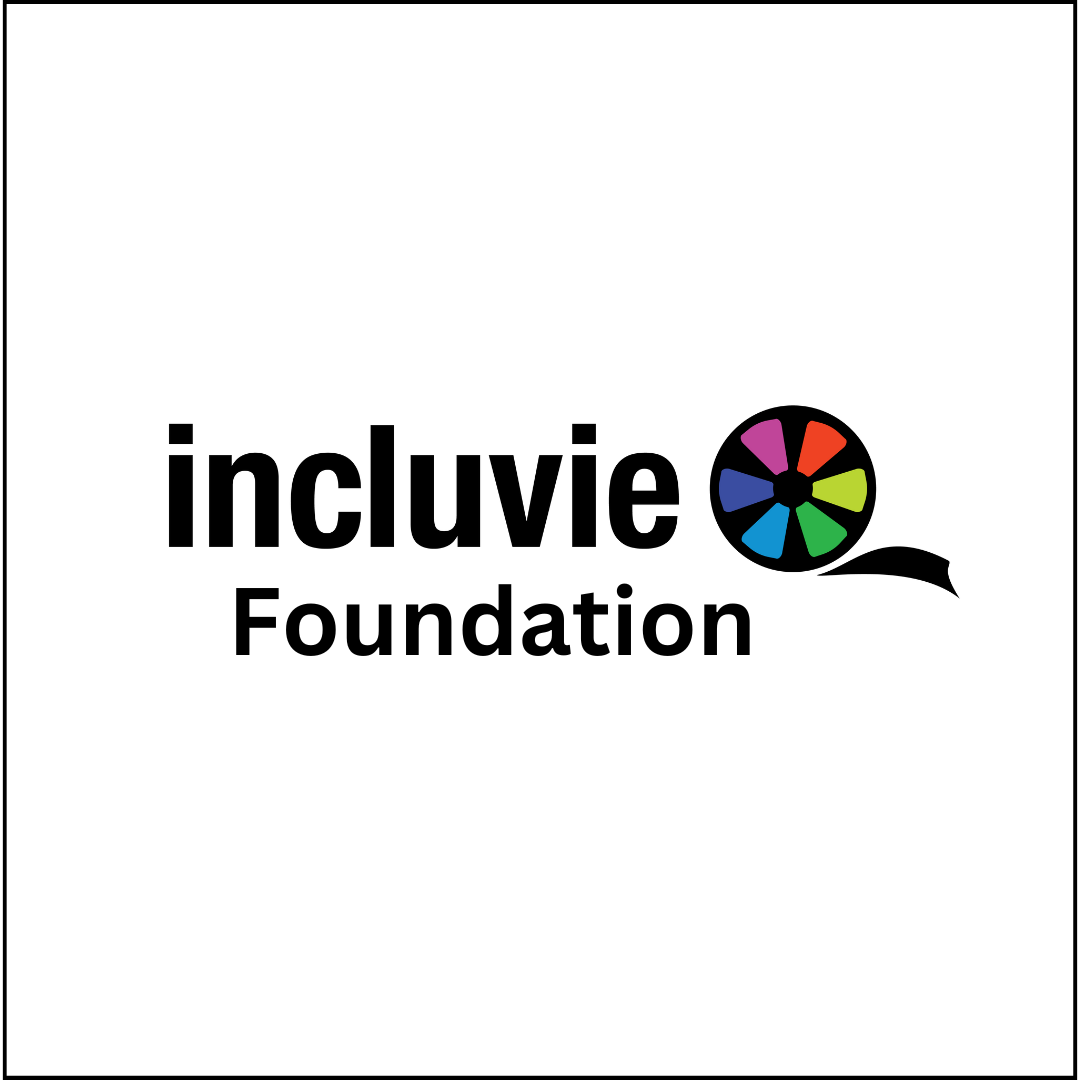Here at the Incluvie newsrooms, we dedicate ourselves to the call to action surrounding diversity in film and T.V. While continuously adopting that critical lens as I watch both, I notice that I consider another favourite media-pastime of mine, stand up comedy, as a free pass: I don’t need to wear my Incluvie hat as I watch my favourite comedians traipse about the stage– because it would probably spontaneously combust. In doing so, I never give myself the opportunity to challenge all the biases that go hand in-hand with the comedy genre; one of them being that female comedians are just less funny than men. My shift in attitude led me to the 2013 documentary Women Aren’t Funny, written and hosted by comedienne Bonnie McFarlane (and her husband, Rich Vos).

Female and racially diverse comedians suffer in numbers because of the ingrained belief that they’re less funny in nature, or that their humour is too specific- somehow less universally relatable. This documentary explores that bias from the perspective of fellow industry heavy-hitters (both male and female), as well as from various club owners- those typically in the position of giving fresh comedians their start in the industry. This film aims to be equally entertaining and humorous as it is informative, and as a result, it is unfortunately neither. There are chuckles hidden in the nuances of the writing and interview responses, but the comedic bits themselves seem over-extended. This is especially true right at the height of the film, when the findings of McFarlane’s thesis should take priority. Women Aren’t Funny calls itself a documentary but struggles to stay true to its style. The in-depth exploration of comedy becomes such a vast mix of different mediums that none of them are accomplished fully and effectively. The hard lean-in to the mockumentary form becomes frustrating when exposition begins leading up to an accumulative statistic or fact- only to deter from that final point with a poorly-considered graphic or gimmick that had me questioning the validity of the information, and similarly the strength of any given joke.
The bulk of the information we receive as an audience is captured in the form of interviews with comedians such as Sarah Silverman, Maria Bamford and Todd Glass. I observe that when female comedians are asked about the subject of bias within their careers, McFarlane is met with thought-out and witty responses. The male interviewees on the other hand are often dismissive, disrespectful or downright incoherent. Whether this speaks more to the character of her subjects than the host herself becomes increasingly clear as the film progresses. This subtly indicates that the root of the problem lives and dies with the front-runners of the industry as they do very little to change, or even acknowledge, unfair representations that they in turn largely benefit from. Though this may be a big ask from people who form an entire career from making light of a situation, I wish the interviews of Women Aren’t Funny were more direct and responsive so as to get a better grasp of the genuine perception of gender bias within the community.

The gap in comedic representation has barely healed between when this documentary was released in 2013, and today. What disappoints me most about Women Aren’t Funny is that in an attempt to prove that women are just as funny as men, Bonnie McFarlane drops the ball at almost every turn to entertain as well as to inform. The finished product of this film looks as though it’s a proof-of-concept for a much more succinct exploration of the topic. Nevertheless, a conversation has been started on the various factors that feed into this predisposition of the unfunny woman. In an age where conscious media consumers would be interested in a more fleshed-out version of this film, I like to think that the groundwork McFarlane laid with Women Aren’t Funny inspired FX producers to revisit the subject in their new documentary Hysterical, which you better believe will be next on my watchlist.








